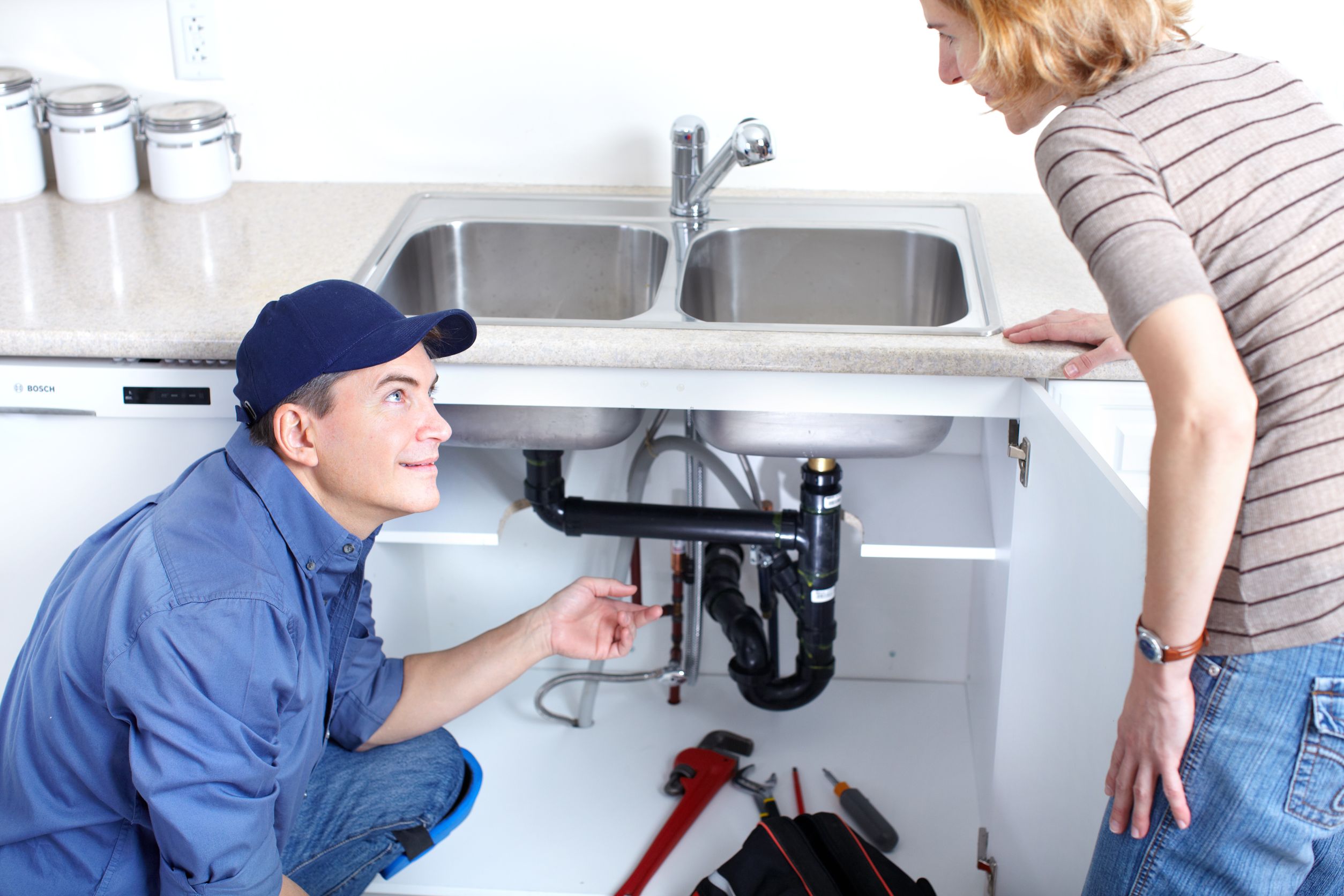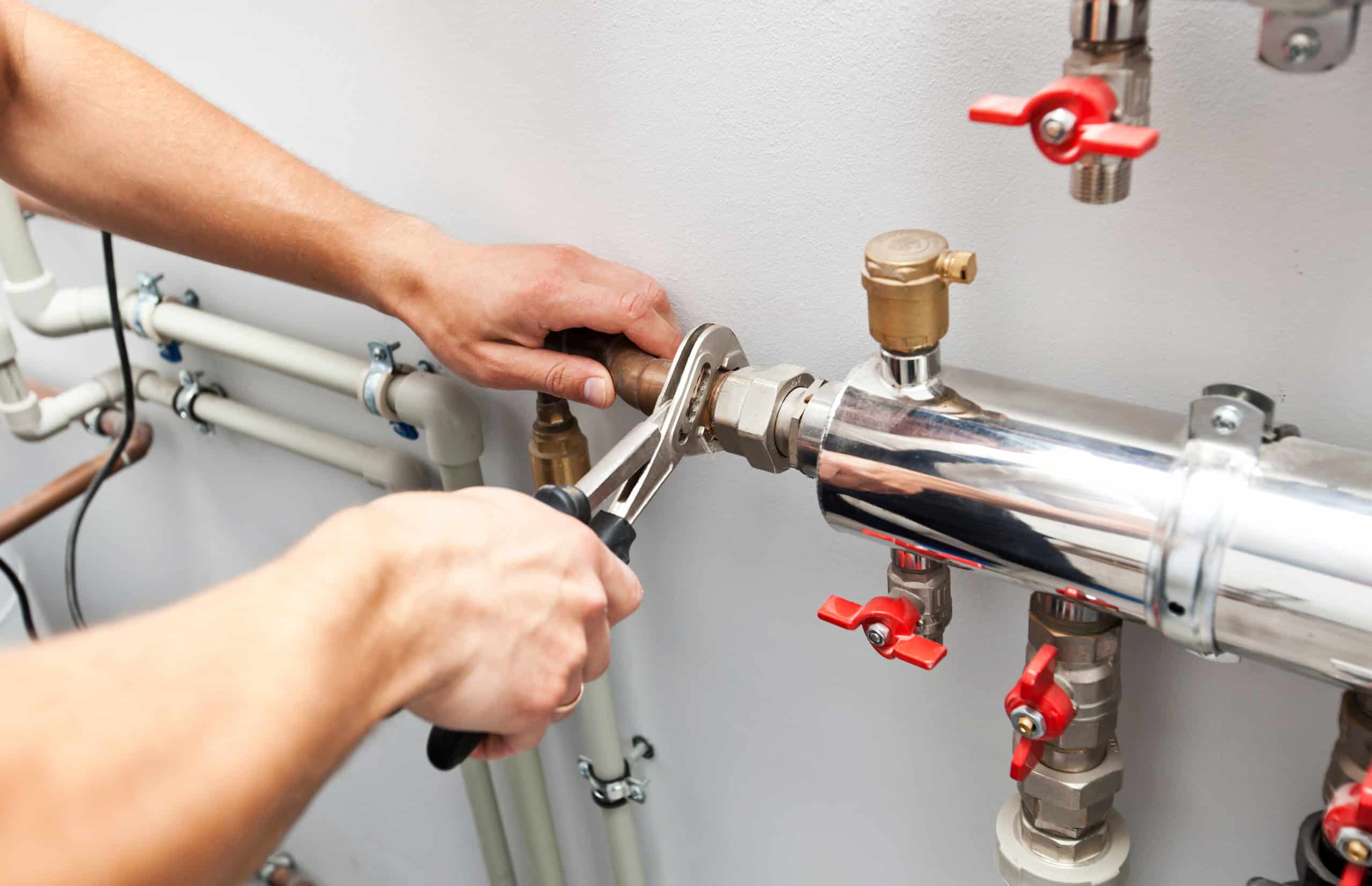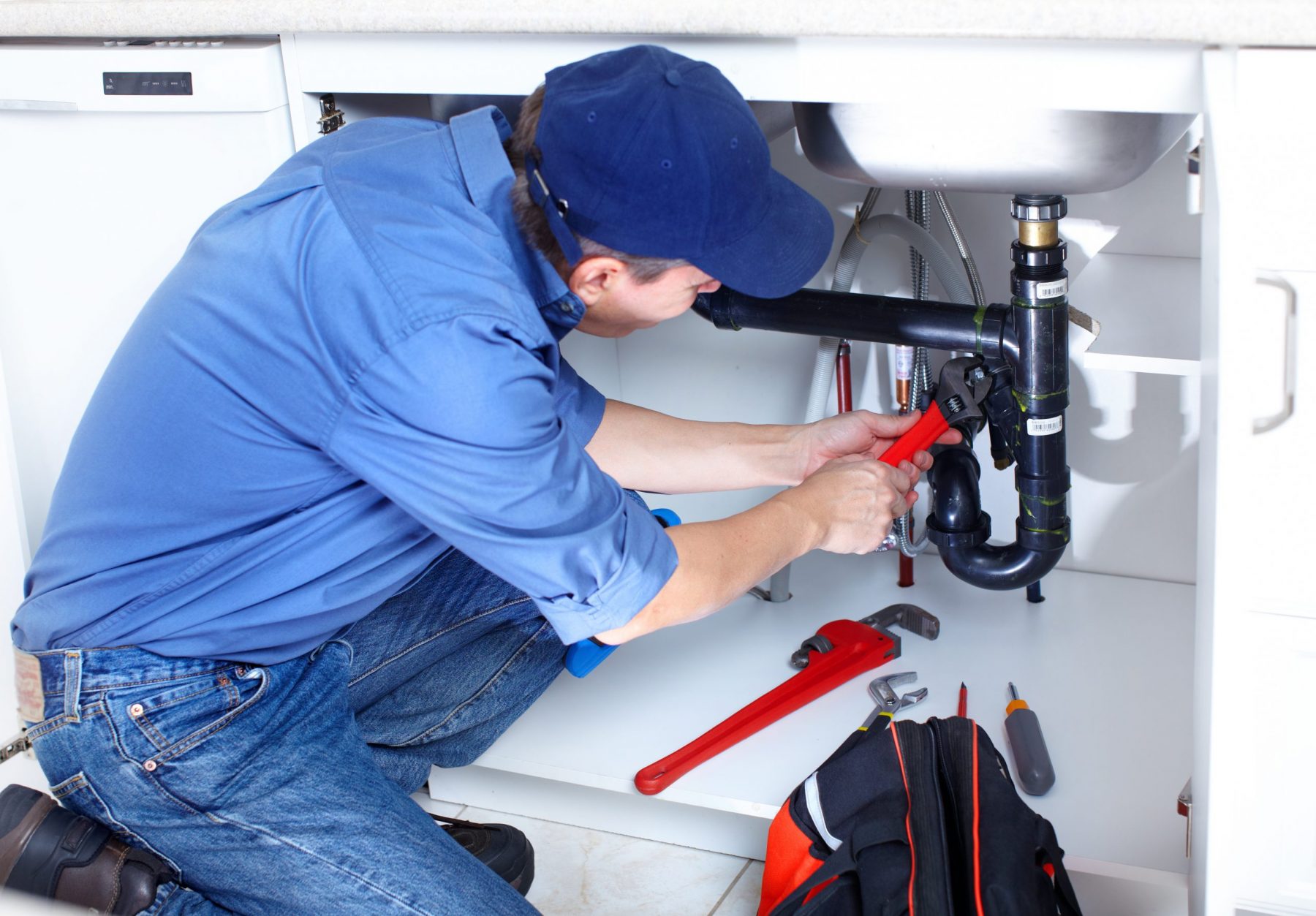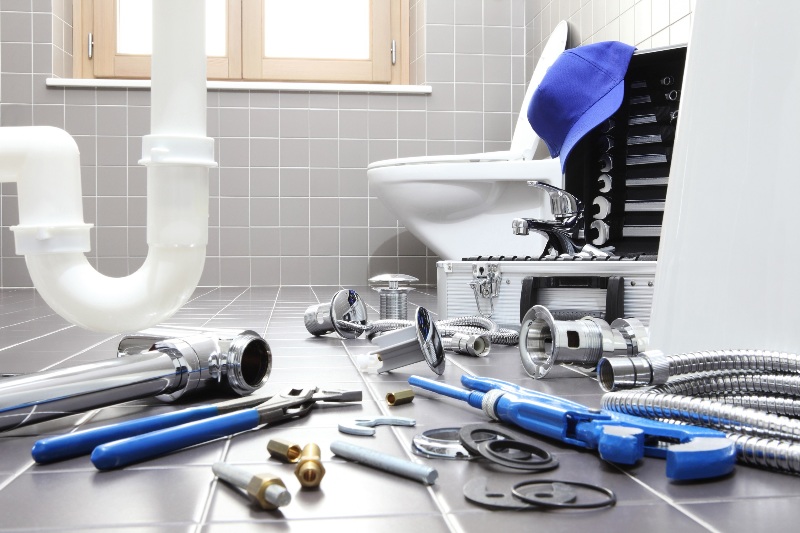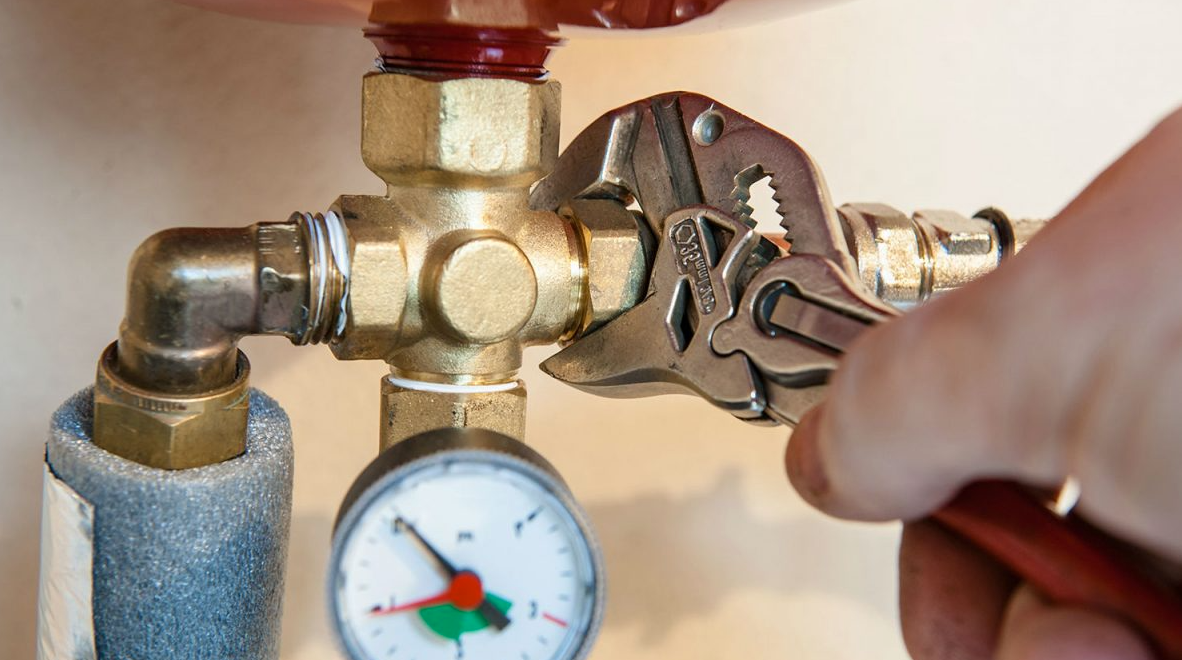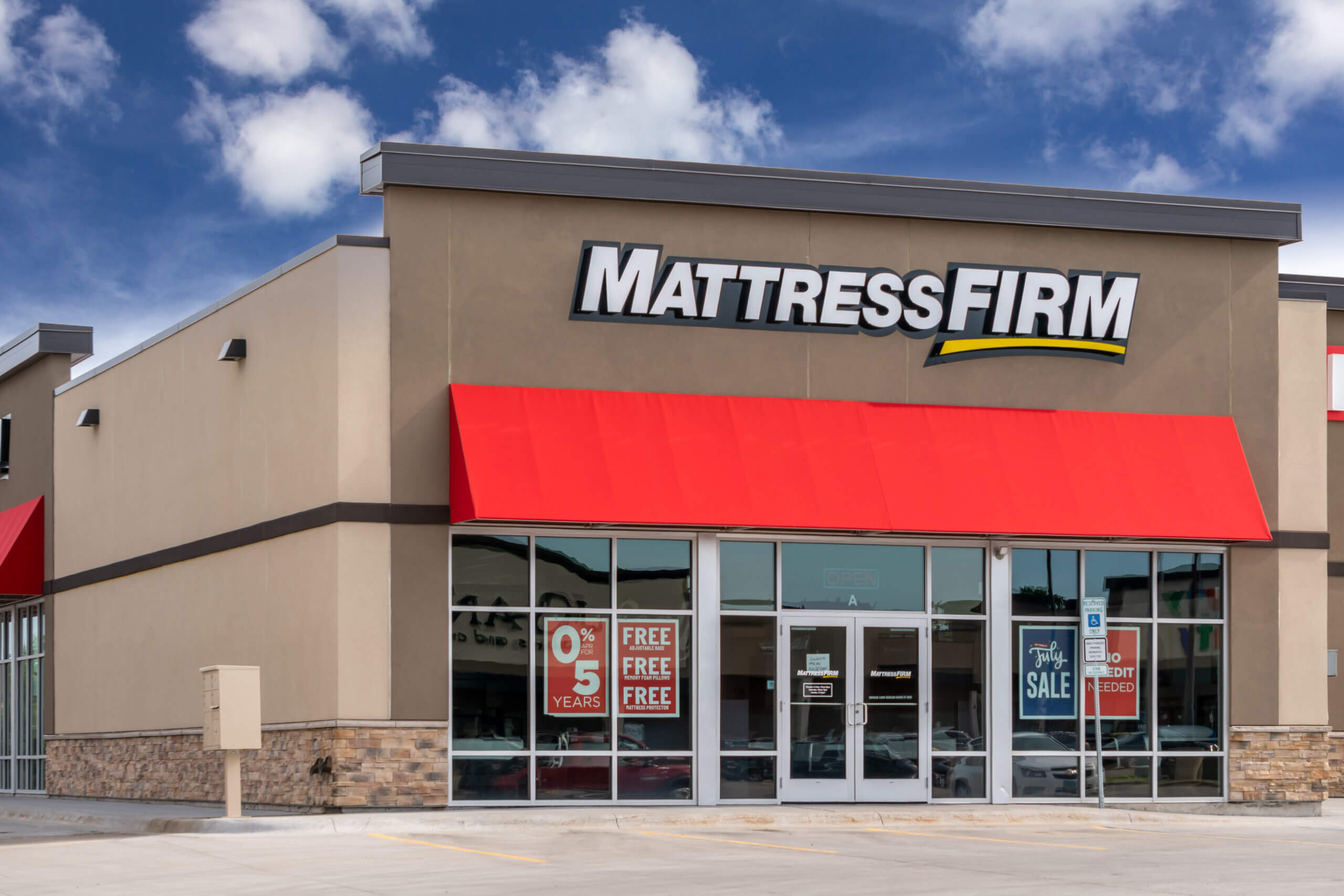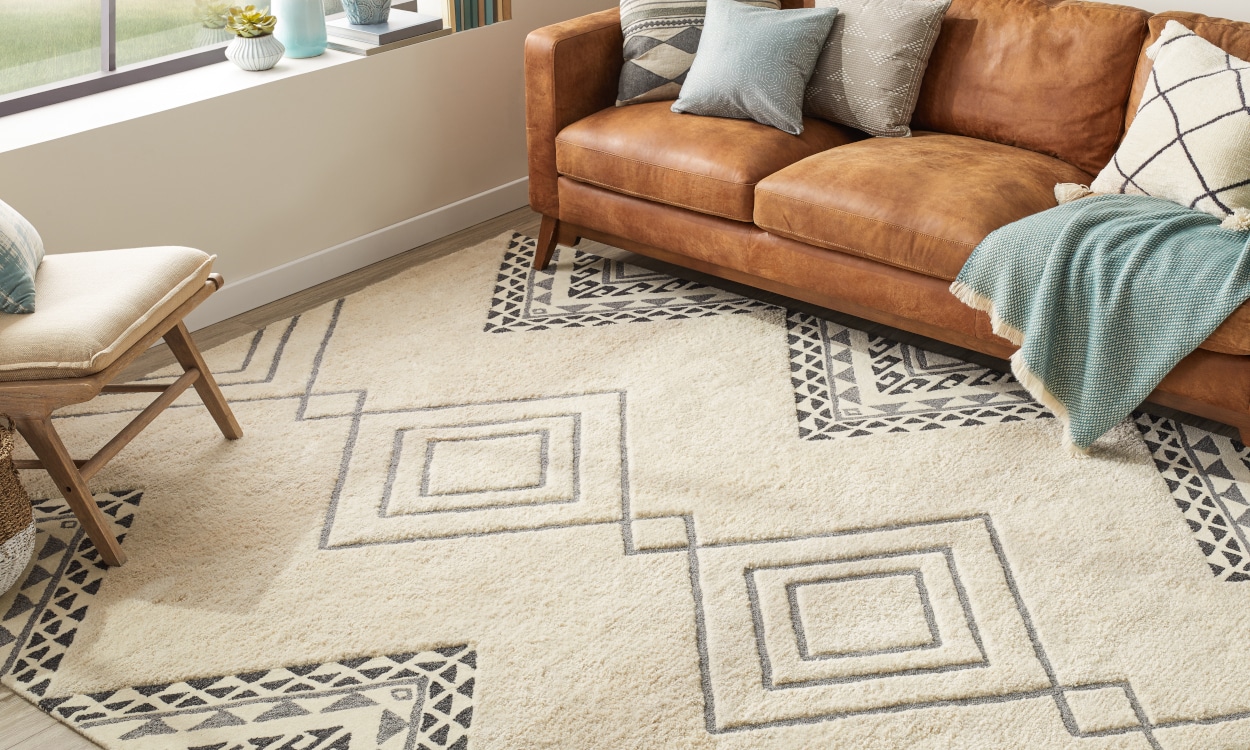If you have noticed that your kitchen sink is draining slowly, the first thing to check is if your drain is clogged. A clogged drain can be caused by a variety of things, such as food particles, grease, and hair. These blockages can build up over time and restrict the flow of water through your pipes, causing your sink to drain slowly. To unclog your drain, you can use a plunger or a drain snake to remove the debris causing the blockage.1. Clogged Drain
Another common cause of slow draining kitchen sinks is simply old age. Over time, the pipes in your kitchen can become worn out and corroded, which can cause them to narrow and restrict the flow of water. This can result in slower drainage and even complete blockages. To prevent this, it is important to regularly maintain your pipes and replace them if they are too old and damaged.2. Slow Drainage
Blockages in your kitchen sink can also occur due to the buildup of food particles and grease. When you wash dishes or rinse food down the sink, small bits of food can get stuck inside your pipes and create a blockage. Grease, in particular, is a major culprit for kitchen sink blockages. As it cools, it solidifies and can easily stick to the walls of your pipes, causing a buildup that can lead to slow draining.3. Kitchen Sink Blockage
To prevent grease buildup in your kitchen sink, it is important to properly dispose of cooking oil and other greasy substances. Instead of pouring them down the drain, which can solidify and cause blockages, pour them into a container and throw them in the trash. You can also use a grease trap to catch any leftover grease and prevent it from entering your pipes.4. Grease Buildup
If you have a clogged drain in your kitchen sink, one of the first tools you can use to try and unclog it is a plunger. This simple tool can create a suction that can help to dislodge the blockage and allow water to flow freely through your pipes. To use a plunger, place it over the drain and push down gently, then pull up quickly to create suction. Repeat this motion several times until the blockage is cleared.5. Plunger
If a plunger doesn't work, you can try using a drain snake to clear the blockage. A drain snake is a long, flexible tool with a corkscrew-like end that can be inserted into your pipes to remove any debris. Simply insert the snake into the drain and rotate it while pushing it further into the pipes. Once you feel resistance, twist the snake to help break up the blockage and pull it out.6. Drain Snake
If you prefer a more natural approach to unclogging your kitchen sink, you can try using a combination of baking soda and vinegar. Pour half a cup of baking soda down the drain, followed by half a cup of vinegar. Let the mixture sit for a few minutes, then pour boiling water down the drain to flush out the debris. The chemical reaction between the baking soda and vinegar can help to break down and dissolve any blockages.7. Baking Soda and Vinegar
Another simple and effective way to unclog your kitchen sink is by pouring boiling water down the drain. This can help to melt and dissolve any grease or food particles that are causing the blockage. You can also add some dish soap to the boiling water for an extra cleaning boost. Just be careful when handling boiling water and make sure to pour it directly down the drain.8. Boiling Water
If all else fails, you can try using a chemical drain cleaner to unclog your kitchen sink. These cleaners contain powerful chemicals that can break down and dissolve blockages, but they can also be harsh and damaging to your pipes. Make sure to follow the instructions carefully and use protective gear, such as gloves and goggles, when using a chemical drain cleaner.9. Chemical Drain Cleaner
If you have tried all of these methods and your kitchen sink is still draining slowly, it may be time to call in a professional plumber. They have the expertise and tools to effectively diagnose and fix any issues with your kitchen sink drainage. They can also give you tips on how to properly maintain your pipes to prevent clogs and keep your kitchen sink functioning properly. In conclusion, there are many reasons why your kitchen sink may be draining slowly. From clogged drains to old and worn out pipes, it is important to address these issues to prevent further damage and ensure your sink is functioning properly. With these tips and tools, you can easily unclog your kitchen sink and keep it running smoothly for years to come.10. Professional Plumbing Services
Why Is My Kitchen Sink Draining Slowly?

The Importance of Proper Drainage in House Design
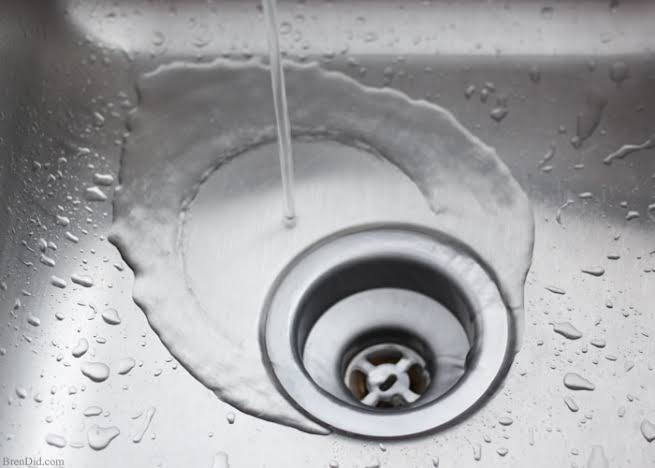 When designing a house, many homeowners focus on aesthetics and functionality, but often overlook the importance of proper drainage. However, a slow draining kitchen sink is a common issue that can lead to bigger problems if not addressed promptly. So why is your kitchen sink draining slowly and what can you do about it?
Possible Causes of Slow Drainage
There are several reasons why your kitchen sink may be draining slowly. One common cause is a clogged drain, which can be caused by food particles, grease buildup, or foreign objects. Another possible cause is a blocked or damaged pipe, which can be due to tree root intrusion, corrosion, or shifting soil. Additionally, a poorly designed or improperly installed plumbing system can also contribute to slow drainage.
The Dangers of Slow Drainage
While a slow draining kitchen sink may seem like a minor inconvenience, it can actually have bigger consequences. Standing water in the sink can attract bacteria and mold, leading to unpleasant odors and potential health hazards. It can also cause damage to your pipes and plumbing system, resulting in costly repairs. Furthermore, slow drainage can be a sign of larger plumbing issues that require immediate attention.
Solutions for Slow Drainage
If you notice your kitchen sink draining slowly, the first step is to try some simple solutions. You can try using a plunger or a drain snake to dislodge any clogs. Another option is to pour boiling water down the drain to break up any grease buildup. If these methods don't work, it may be necessary to call a professional plumber to assess and address the issue.
The Importance of Proper Drainage in House Design
Proper drainage is crucial in house design as it ensures the efficient and effective removal of waste and wastewater from your home. Without proper drainage, you may experience issues such as slow draining sinks, foul odors, and even sewage backups. This can not only be a nuisance but also pose health and safety risks to you and your family.
In conclusion, a slow draining kitchen sink is not just an annoyance, but a potential sign of bigger plumbing problems. It is essential to address this issue promptly and ensure proper drainage in your house design to avoid costly repairs and potential health hazards. Remember to regularly maintain your plumbing system and seek professional help if needed.
When designing a house, many homeowners focus on aesthetics and functionality, but often overlook the importance of proper drainage. However, a slow draining kitchen sink is a common issue that can lead to bigger problems if not addressed promptly. So why is your kitchen sink draining slowly and what can you do about it?
Possible Causes of Slow Drainage
There are several reasons why your kitchen sink may be draining slowly. One common cause is a clogged drain, which can be caused by food particles, grease buildup, or foreign objects. Another possible cause is a blocked or damaged pipe, which can be due to tree root intrusion, corrosion, or shifting soil. Additionally, a poorly designed or improperly installed plumbing system can also contribute to slow drainage.
The Dangers of Slow Drainage
While a slow draining kitchen sink may seem like a minor inconvenience, it can actually have bigger consequences. Standing water in the sink can attract bacteria and mold, leading to unpleasant odors and potential health hazards. It can also cause damage to your pipes and plumbing system, resulting in costly repairs. Furthermore, slow drainage can be a sign of larger plumbing issues that require immediate attention.
Solutions for Slow Drainage
If you notice your kitchen sink draining slowly, the first step is to try some simple solutions. You can try using a plunger or a drain snake to dislodge any clogs. Another option is to pour boiling water down the drain to break up any grease buildup. If these methods don't work, it may be necessary to call a professional plumber to assess and address the issue.
The Importance of Proper Drainage in House Design
Proper drainage is crucial in house design as it ensures the efficient and effective removal of waste and wastewater from your home. Without proper drainage, you may experience issues such as slow draining sinks, foul odors, and even sewage backups. This can not only be a nuisance but also pose health and safety risks to you and your family.
In conclusion, a slow draining kitchen sink is not just an annoyance, but a potential sign of bigger plumbing problems. It is essential to address this issue promptly and ensure proper drainage in your house design to avoid costly repairs and potential health hazards. Remember to regularly maintain your plumbing system and seek professional help if needed.








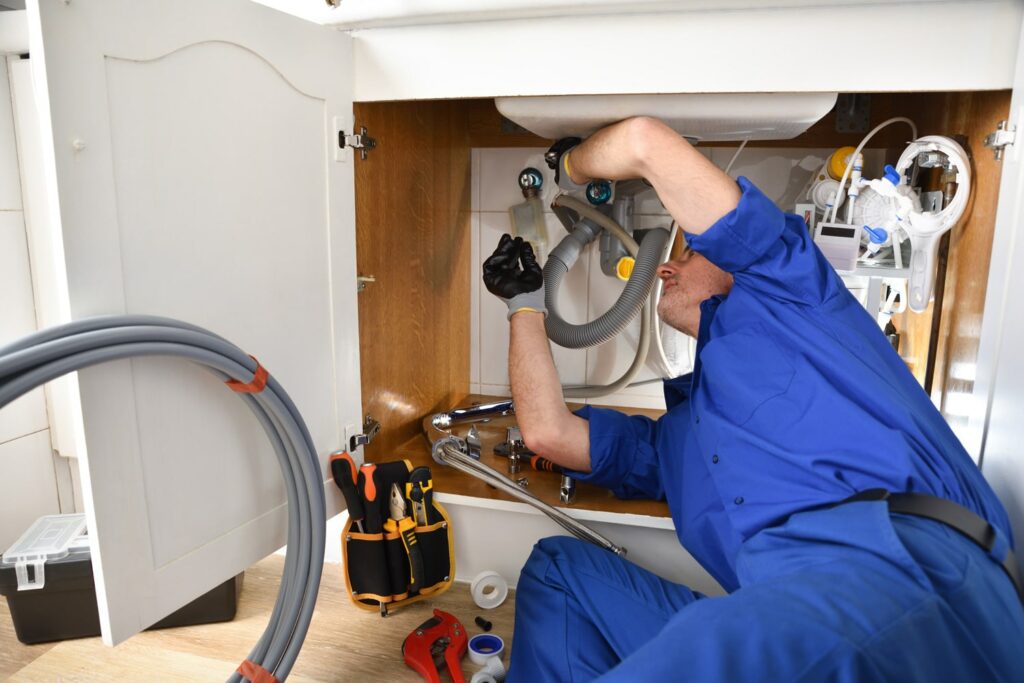






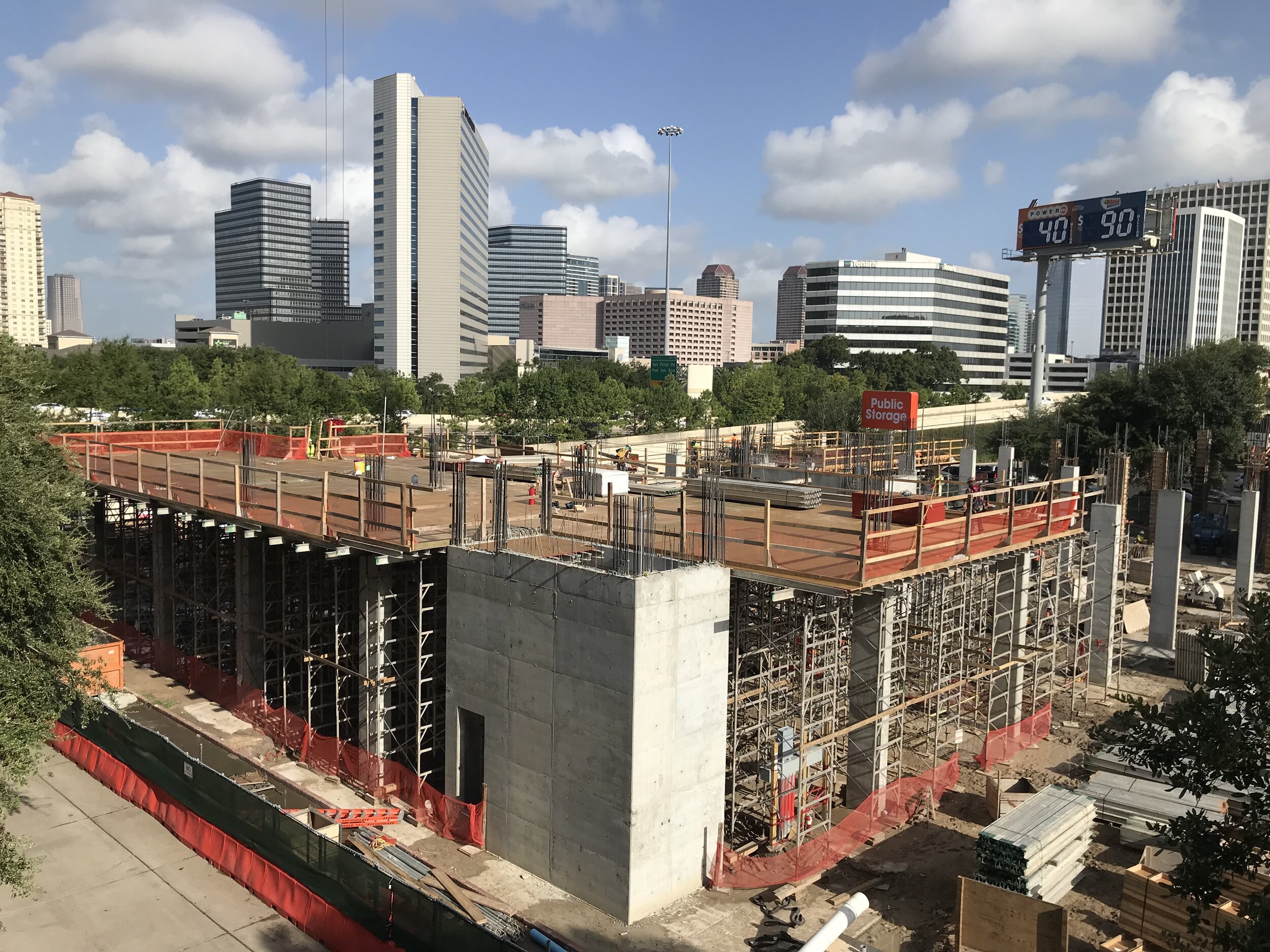

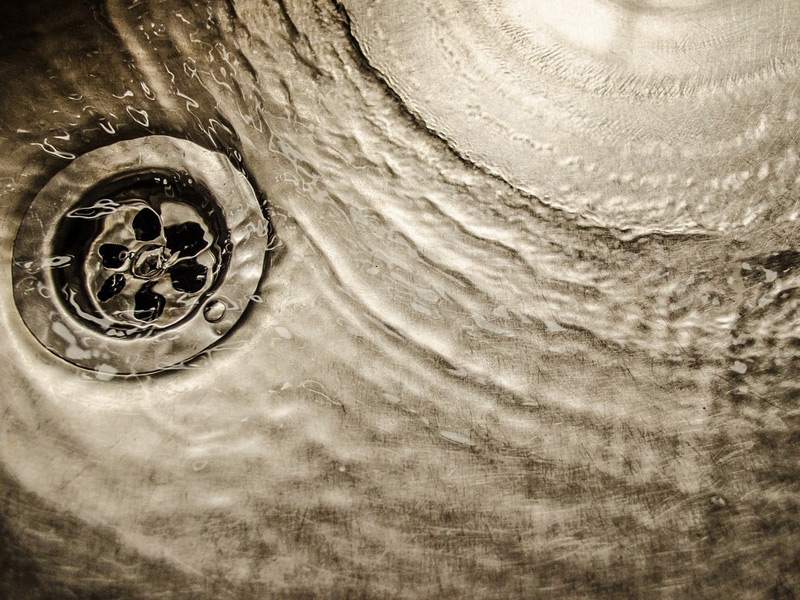







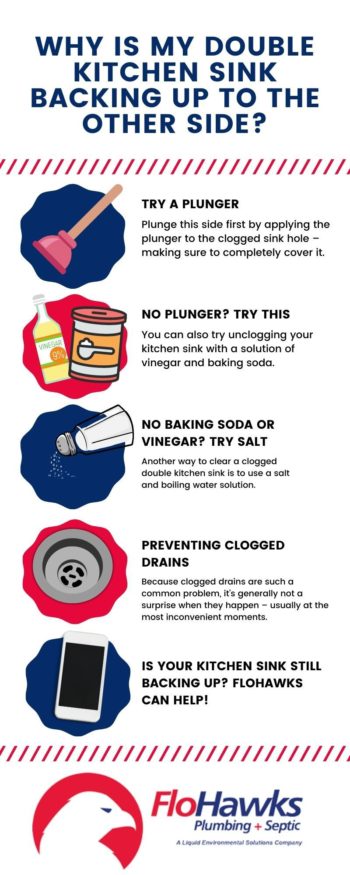


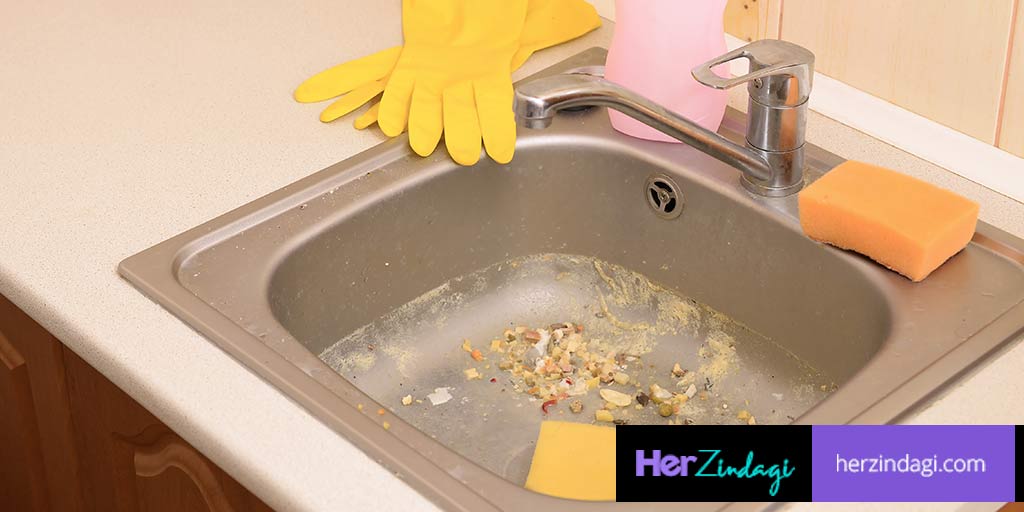

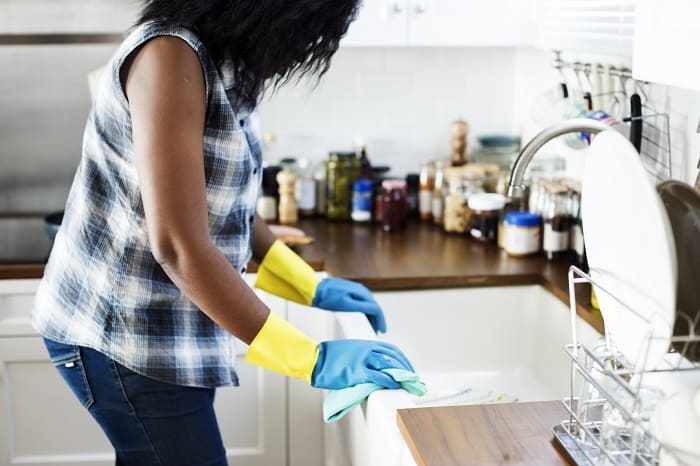

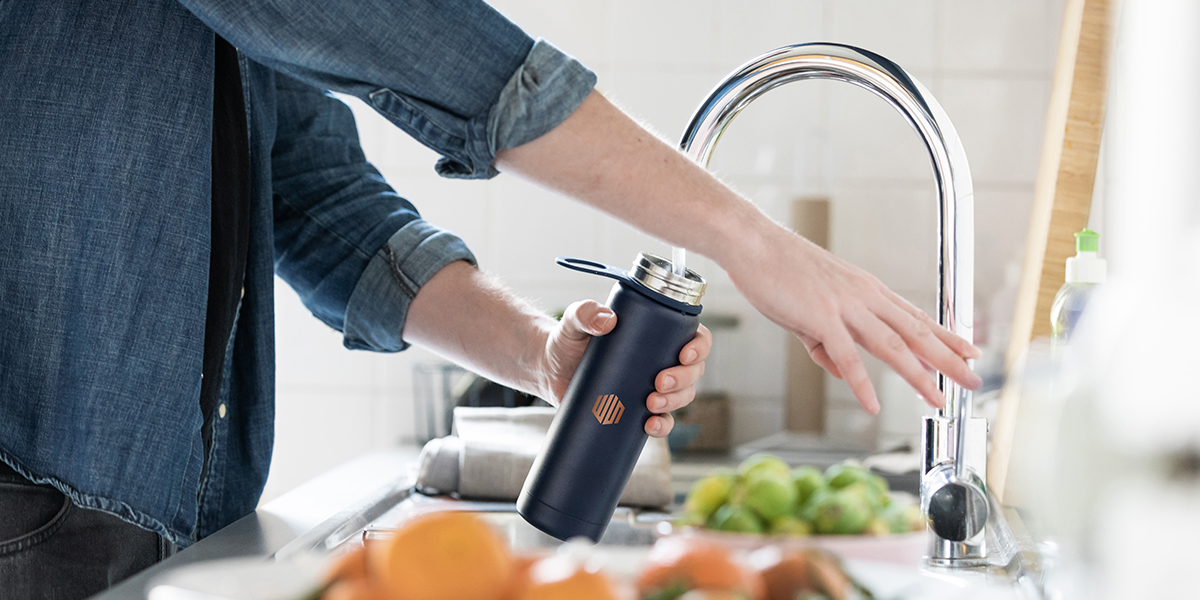






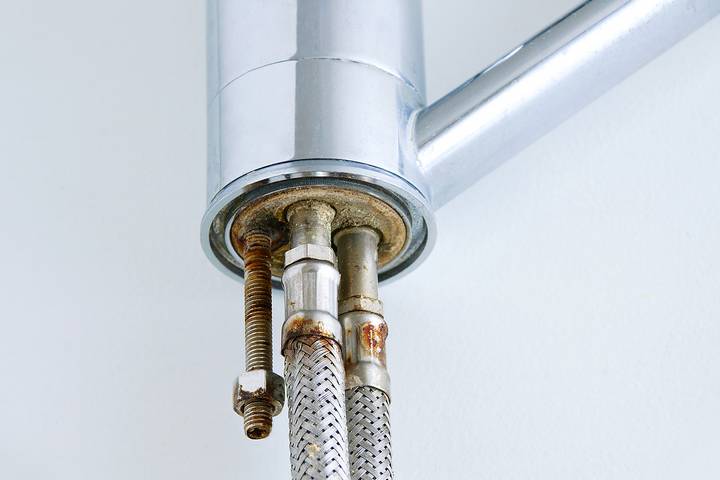


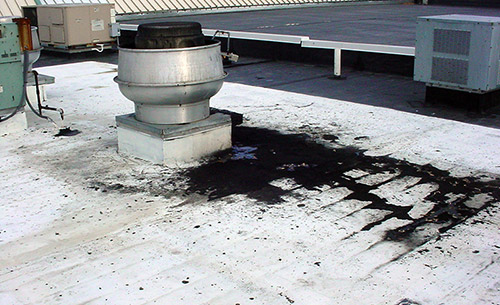
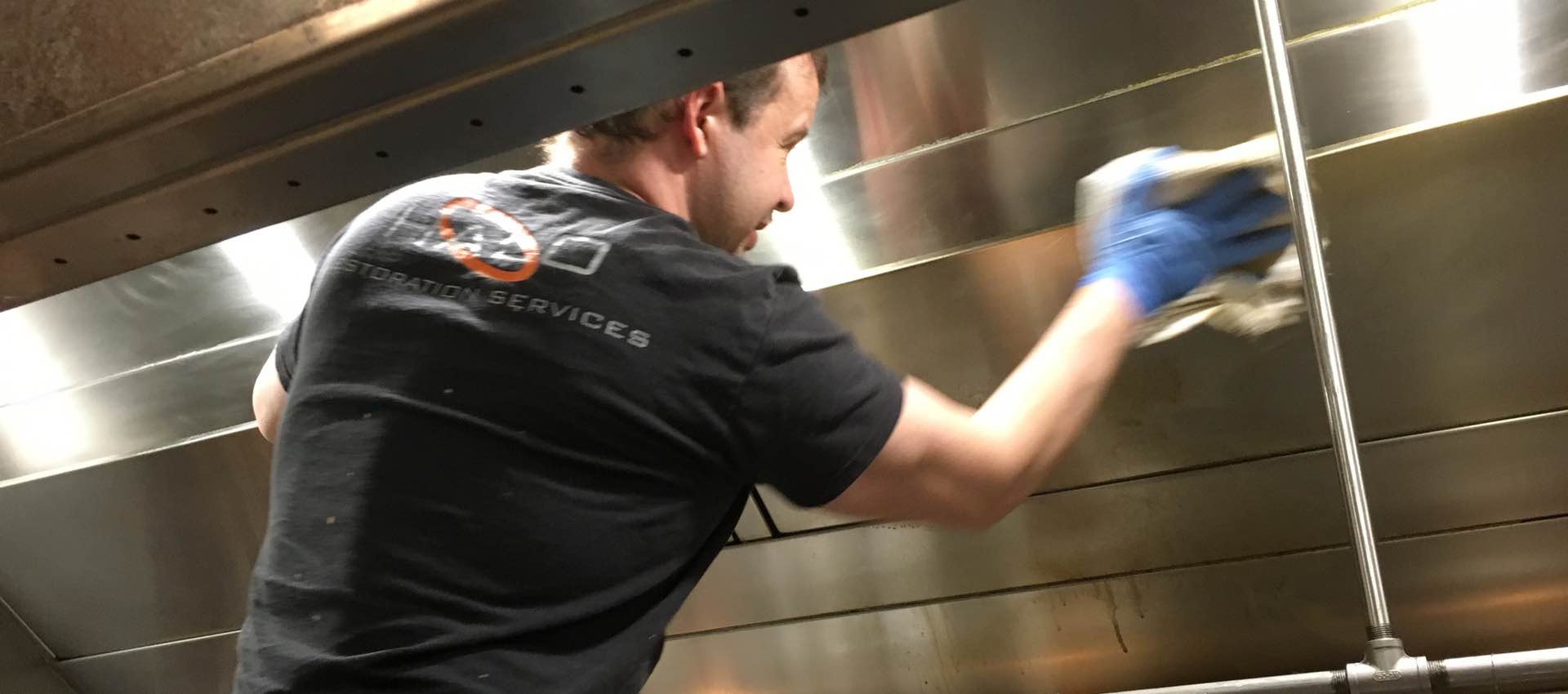



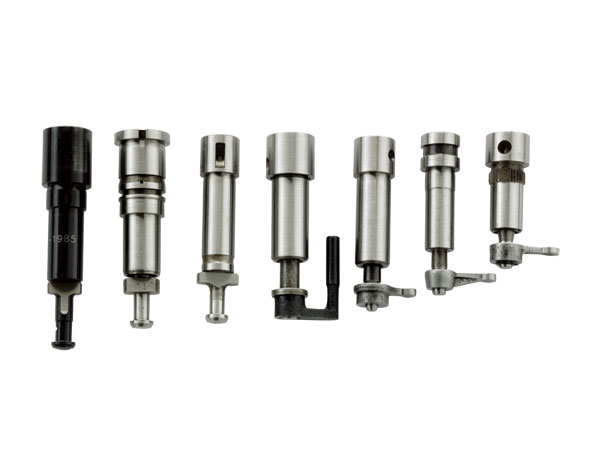

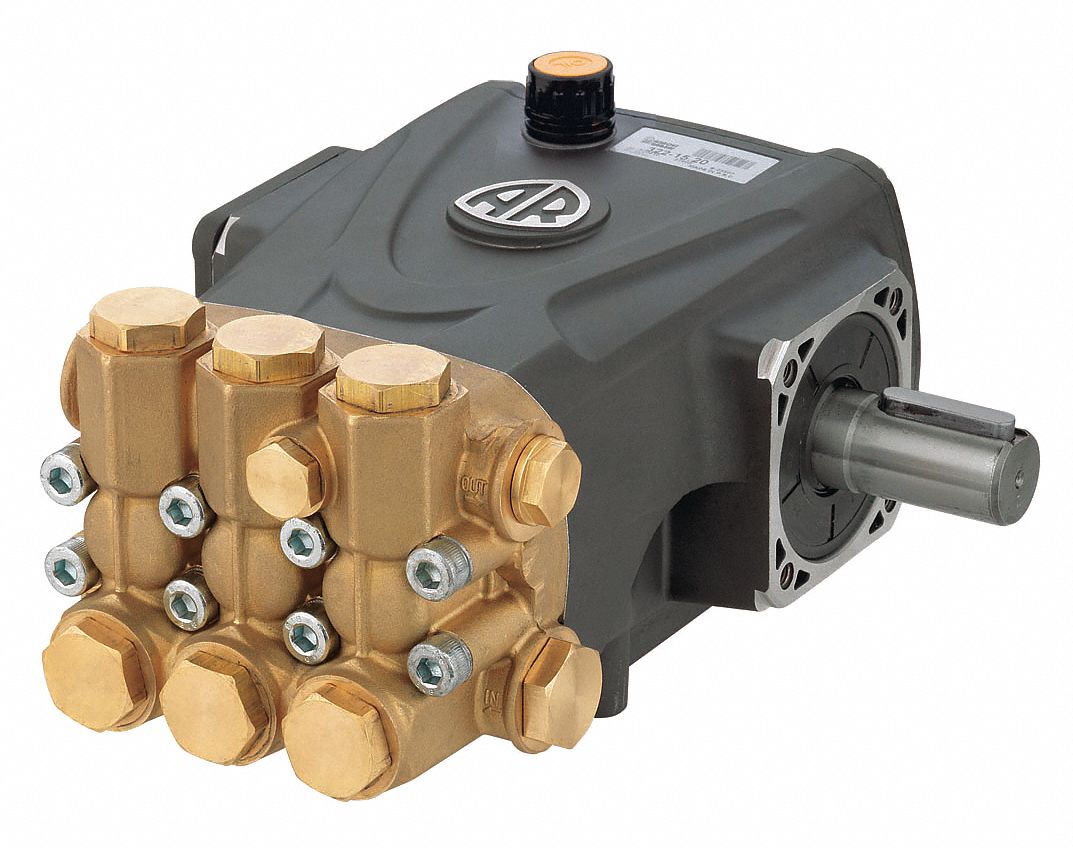



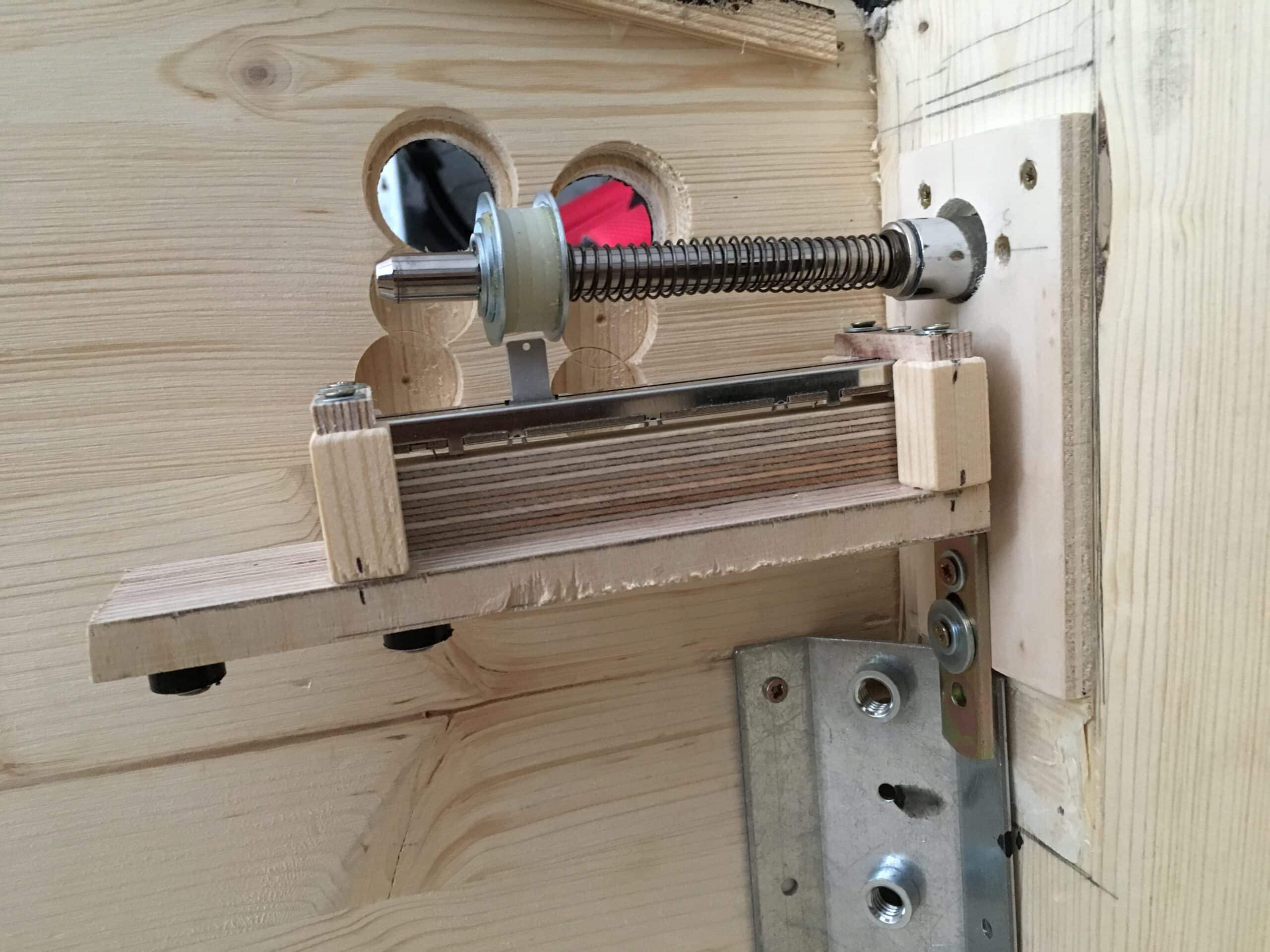
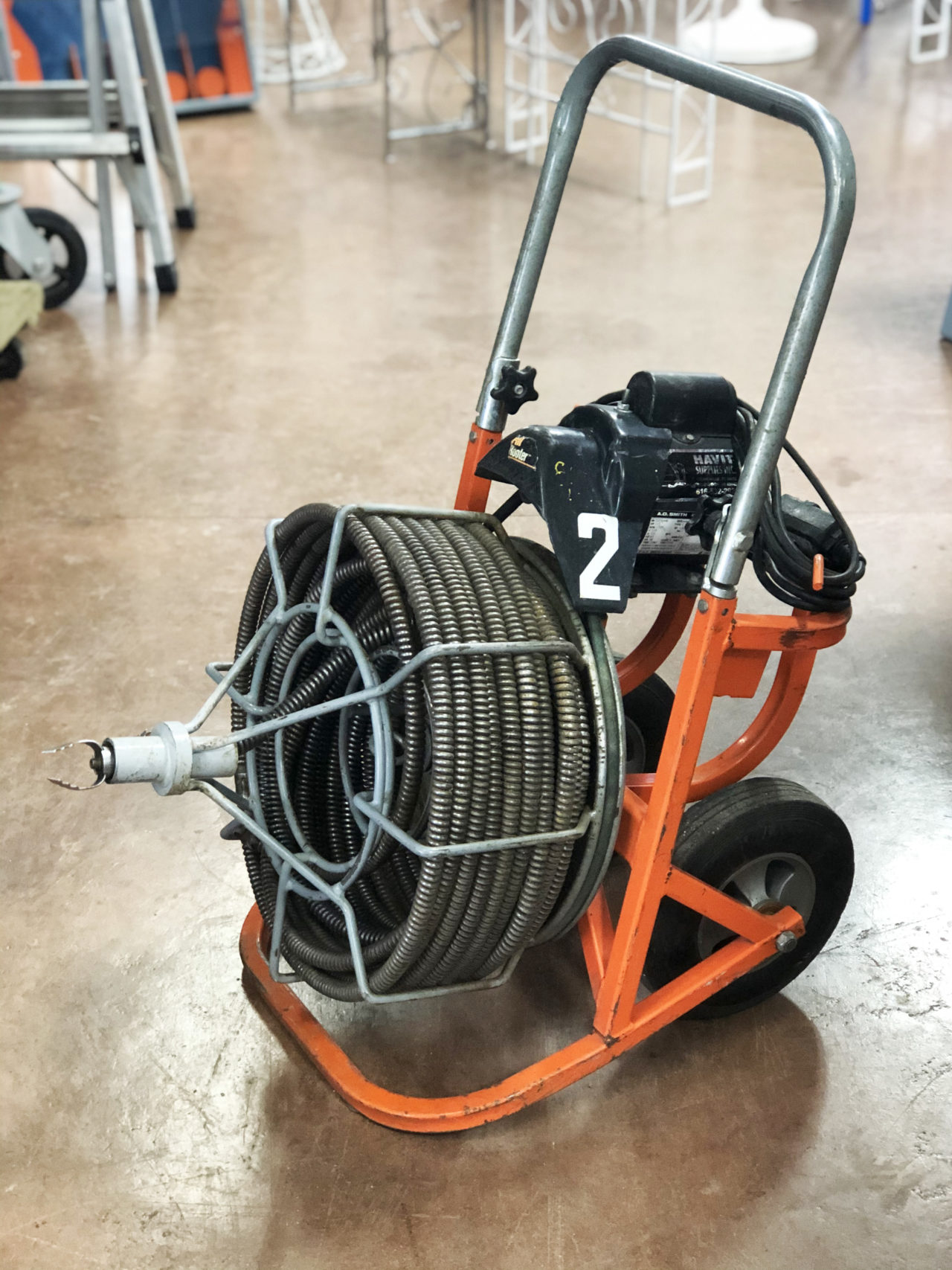
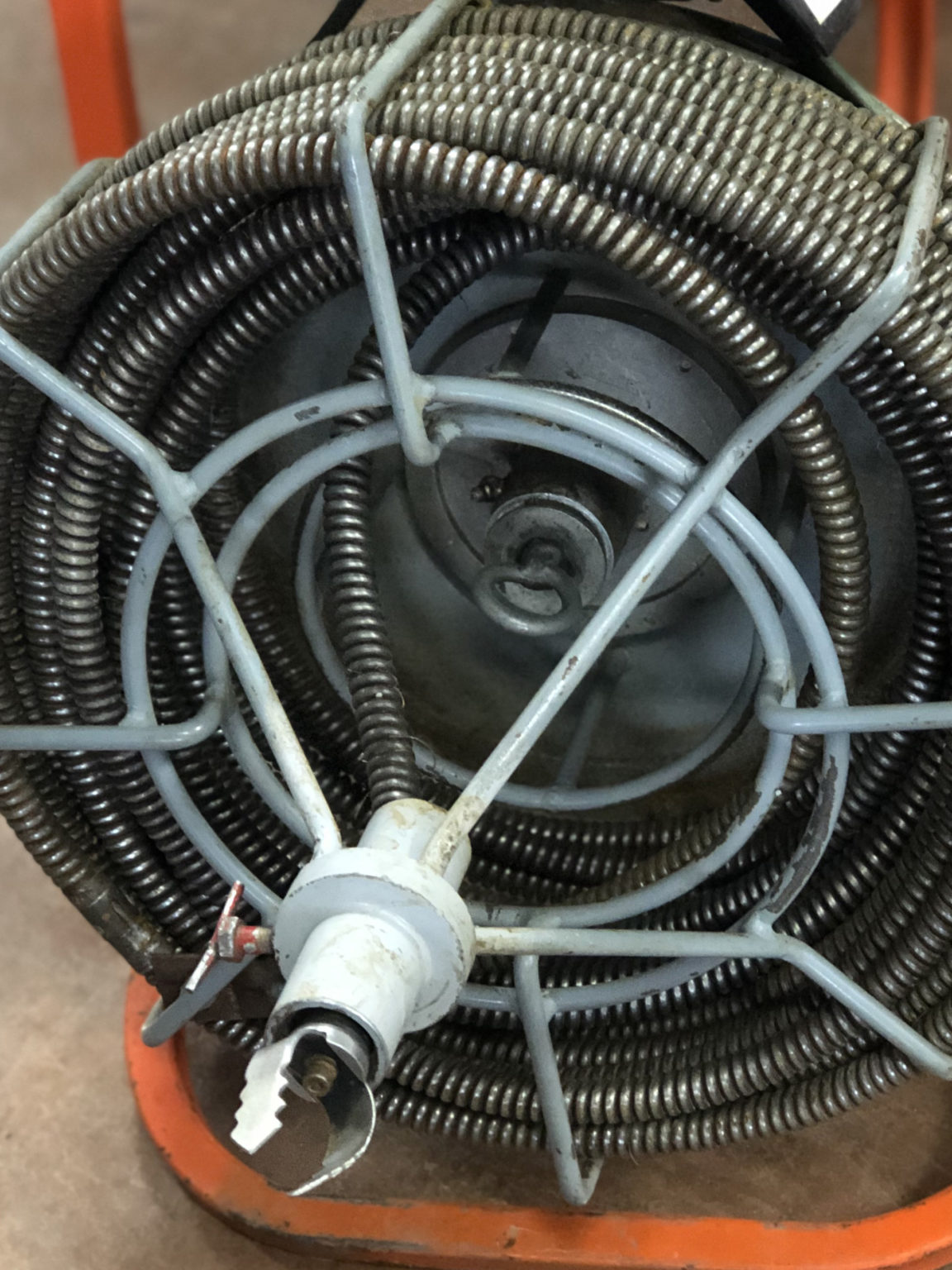
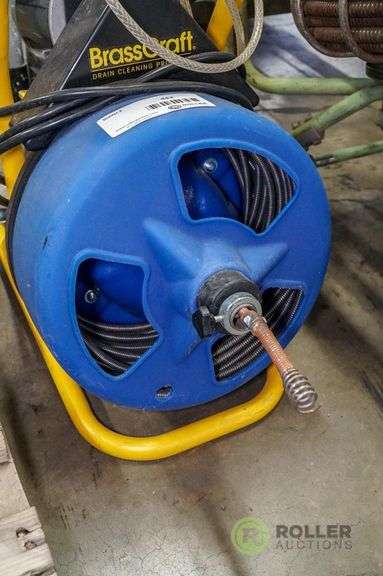
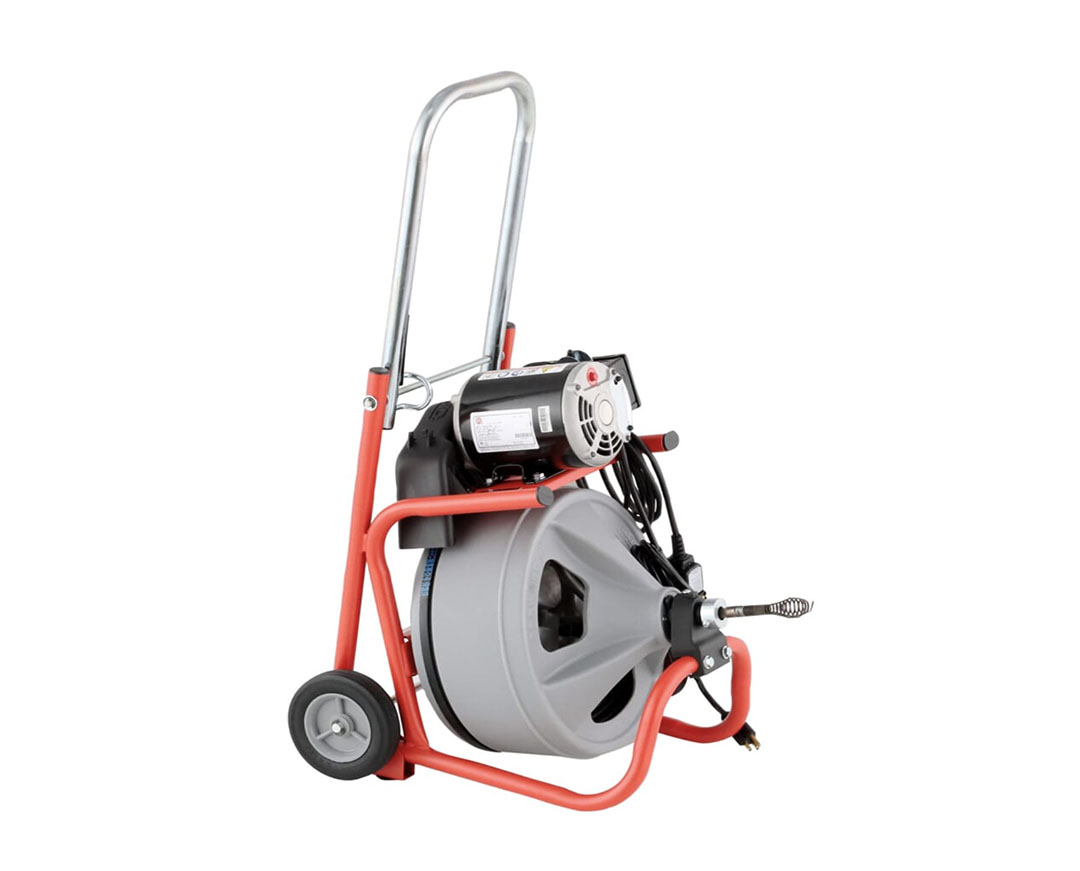

:max_bytes(150000):strip_icc()/Vastar-4-Pack-Drain-Snake-50b0e77281b244e386d046ca25ba76b6.jpg)
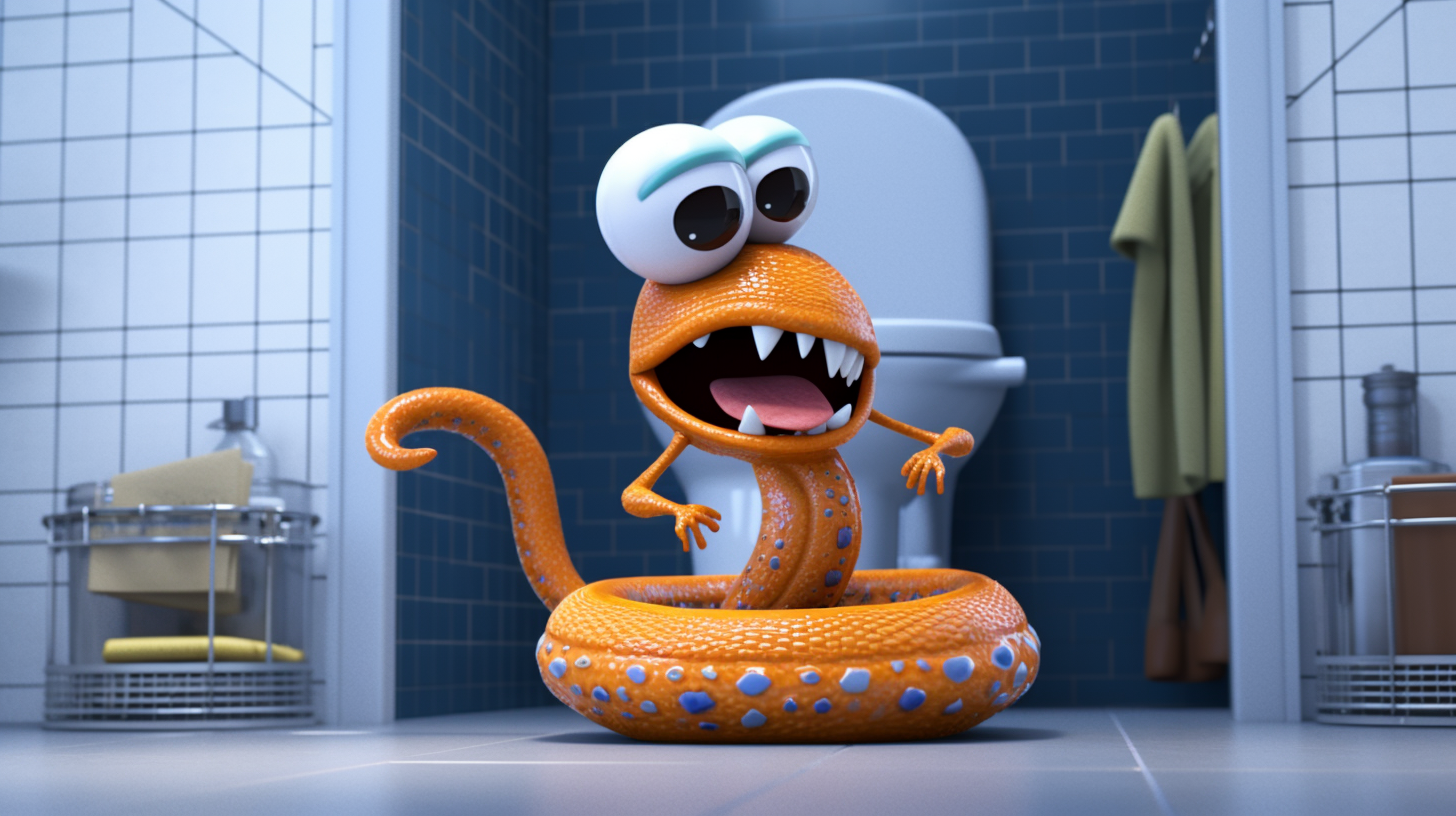
:max_bytes(150000):strip_icc()/Snake-drain-58f6c5705f9b581d5983614c.jpg)

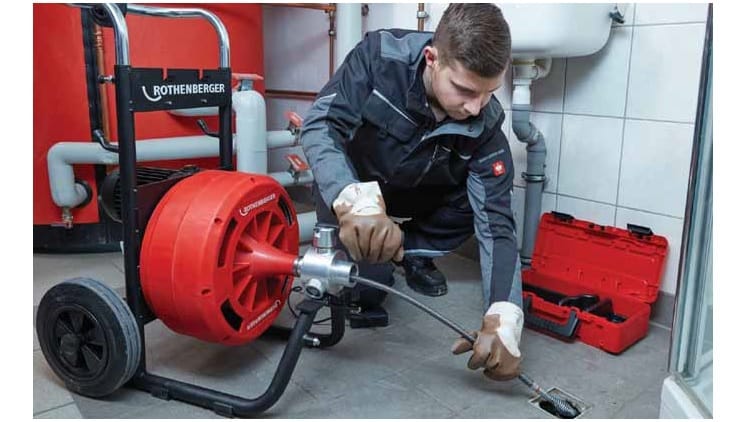


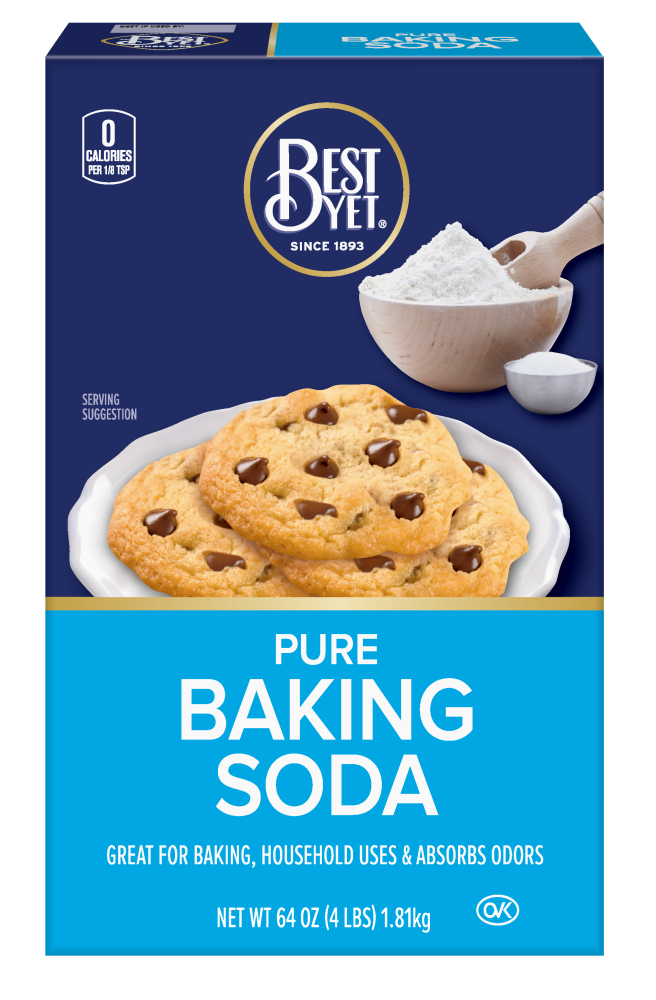
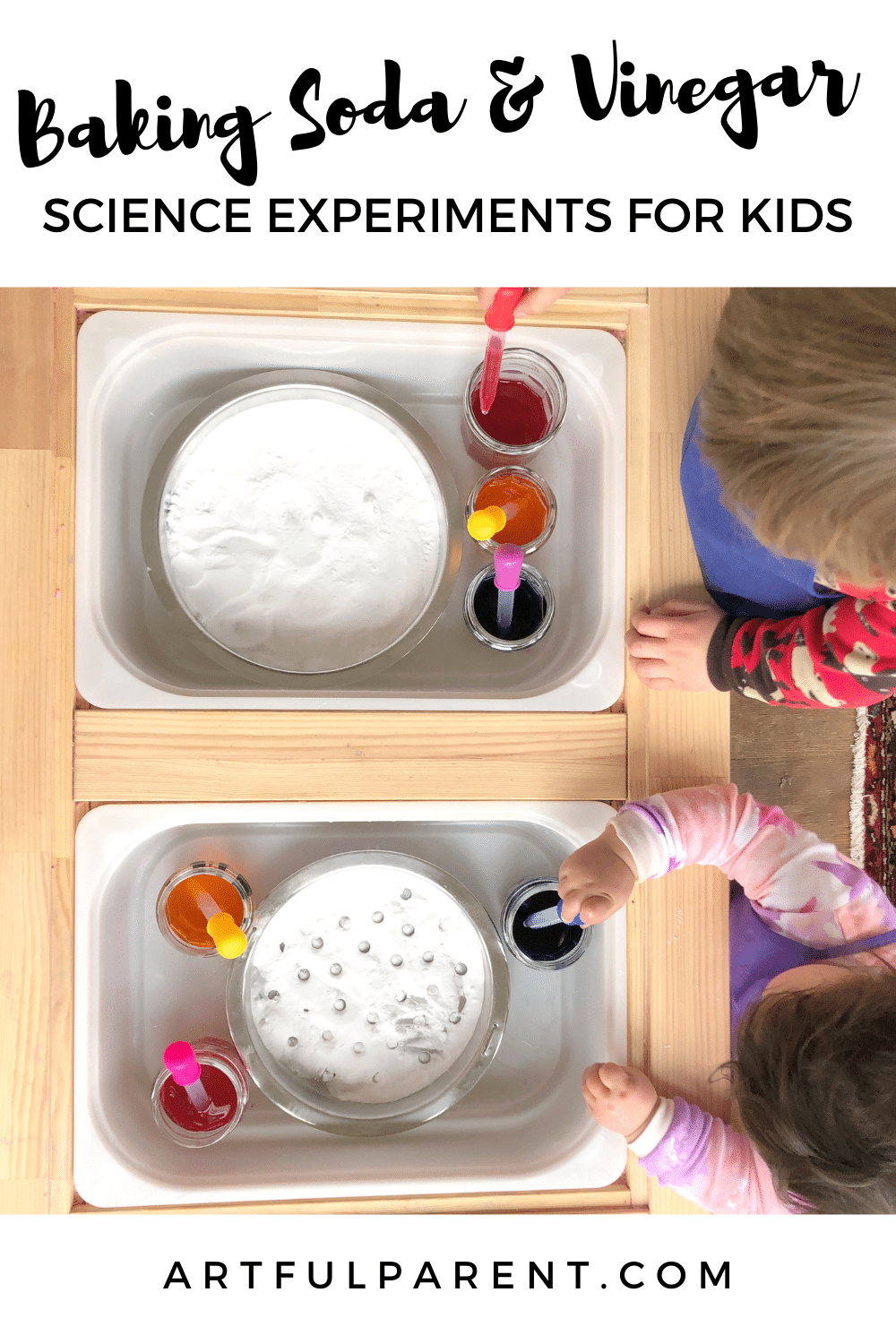
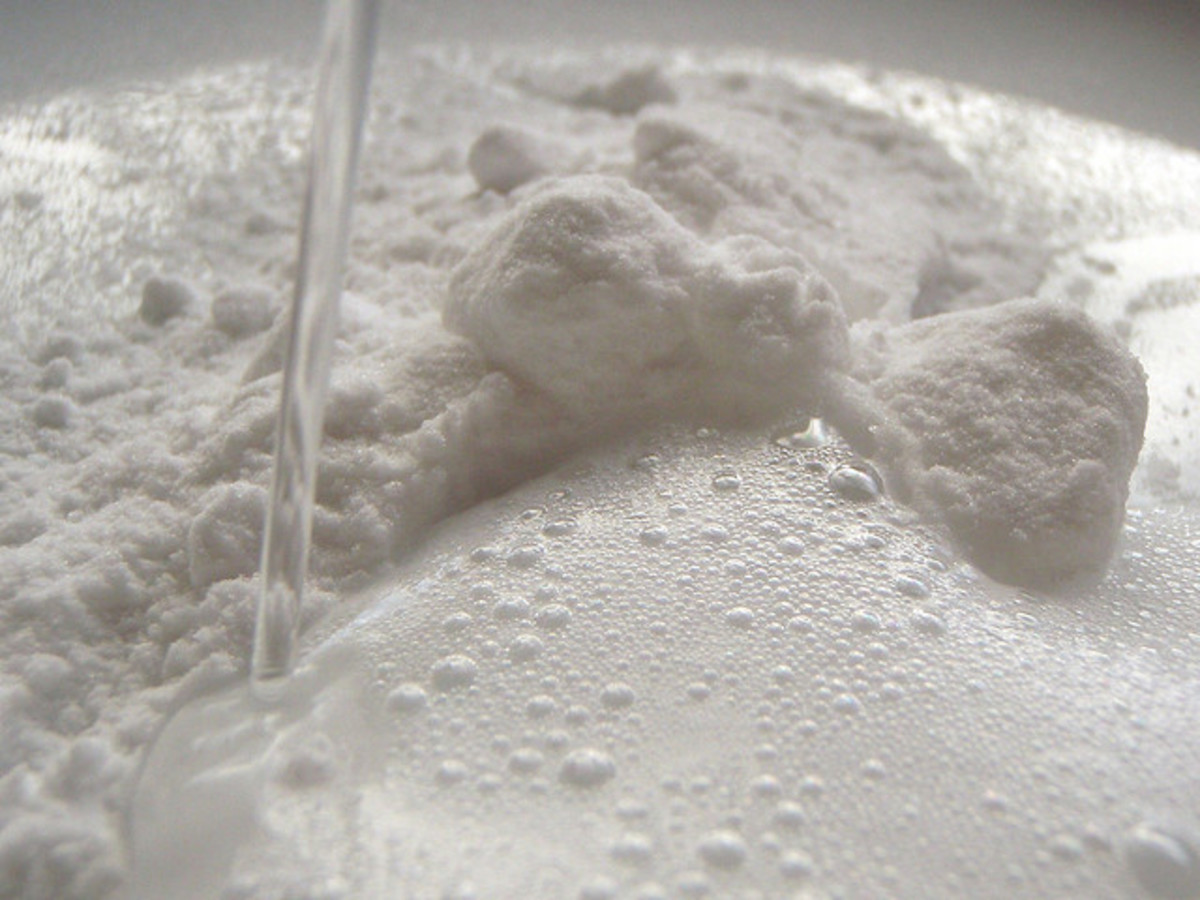


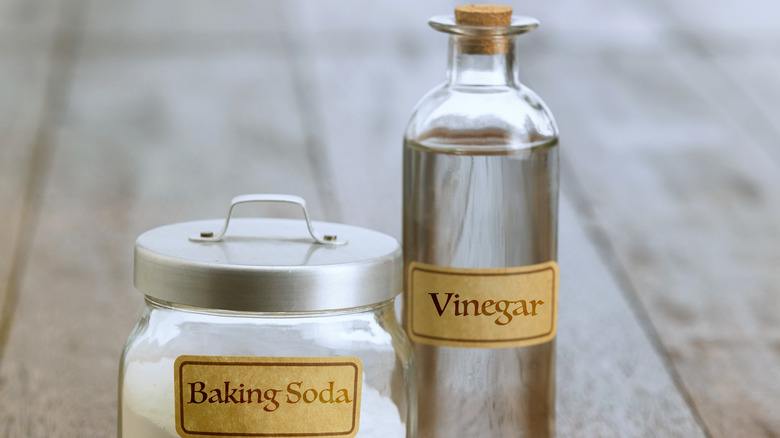

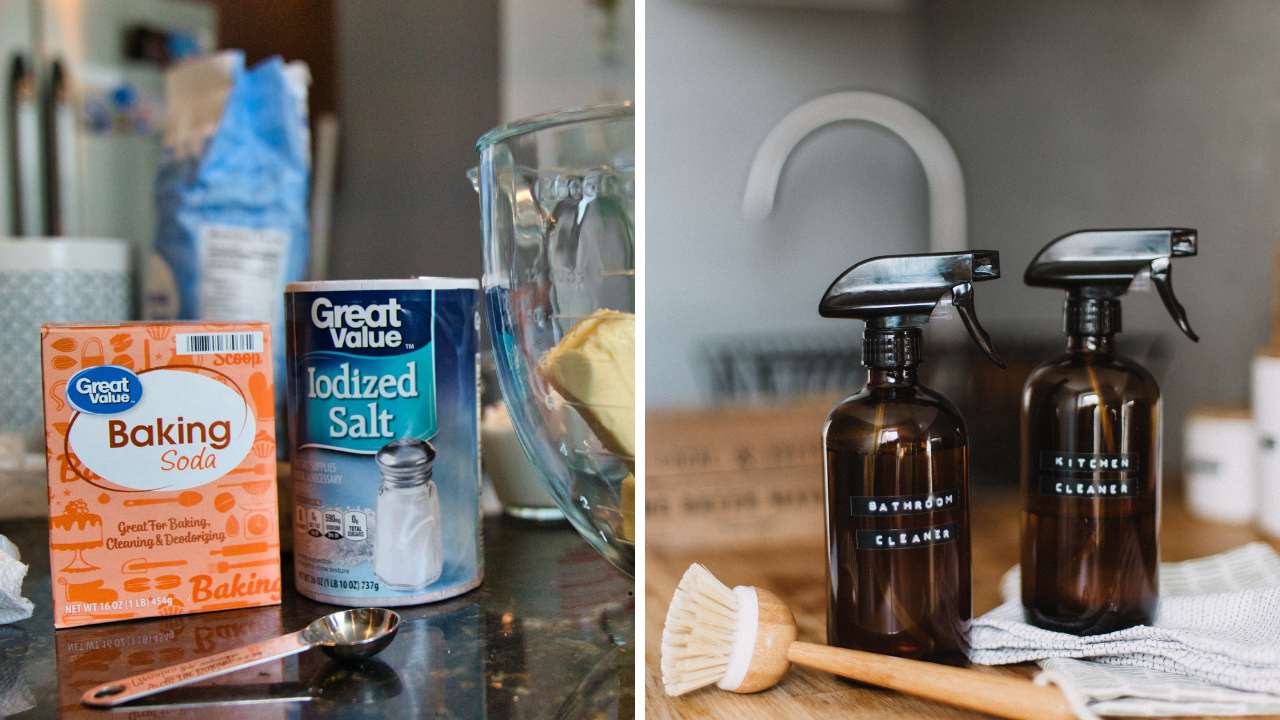


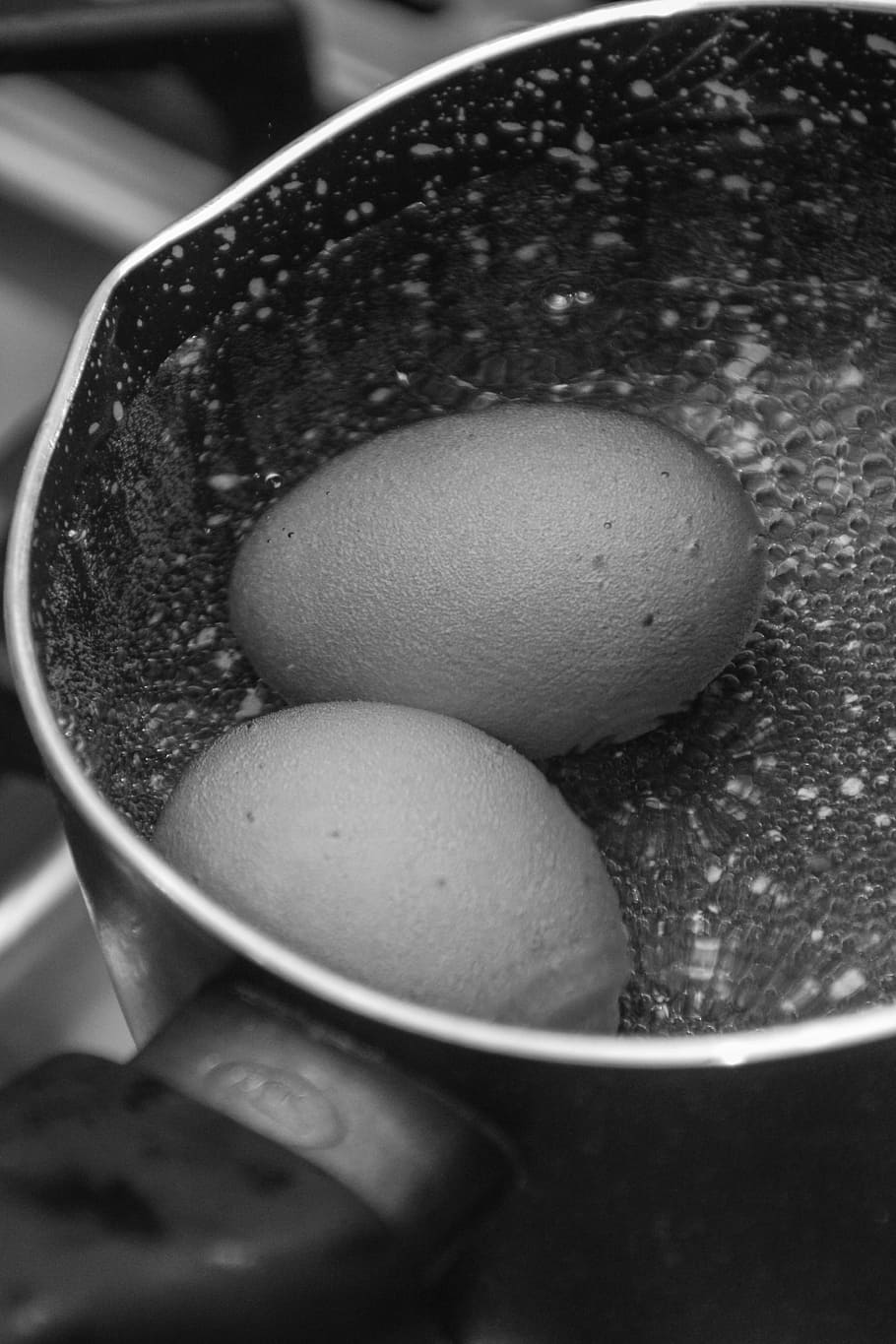
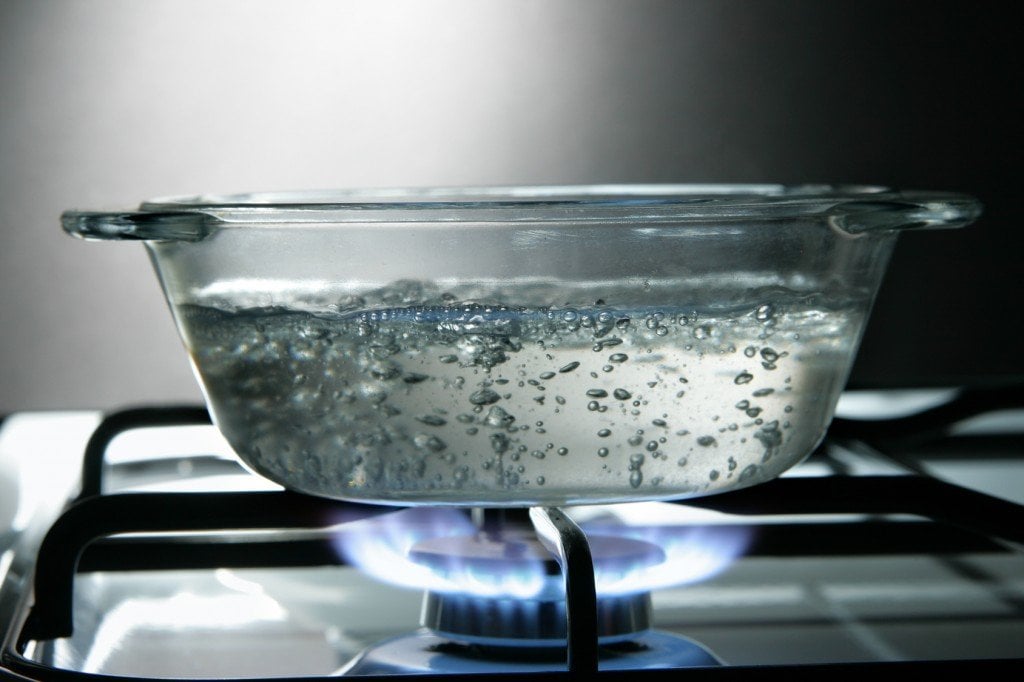
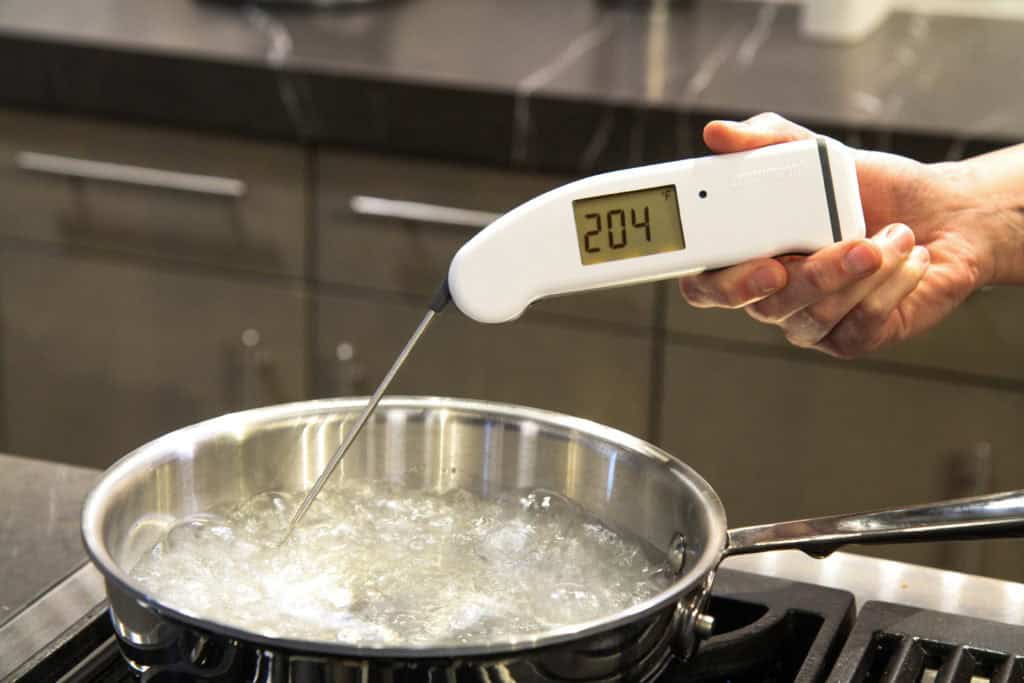
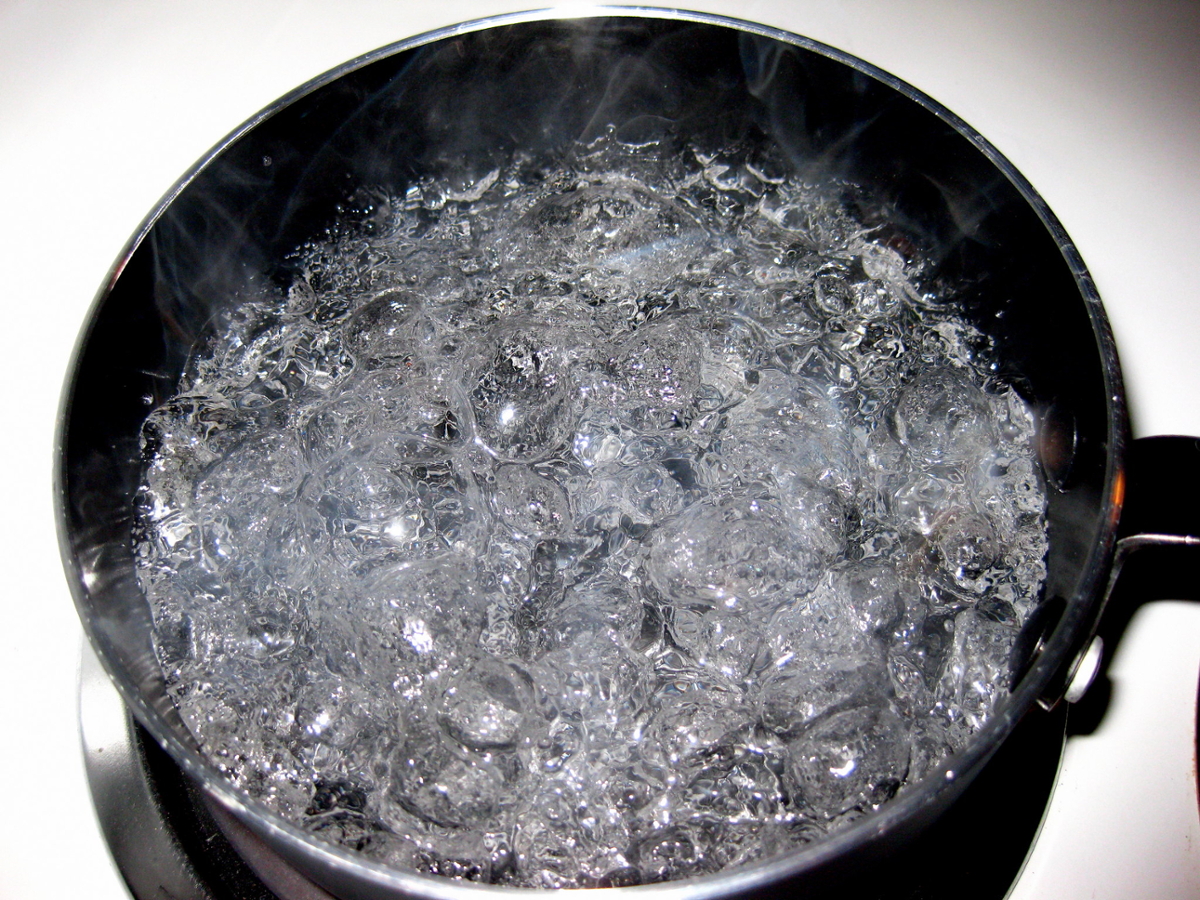



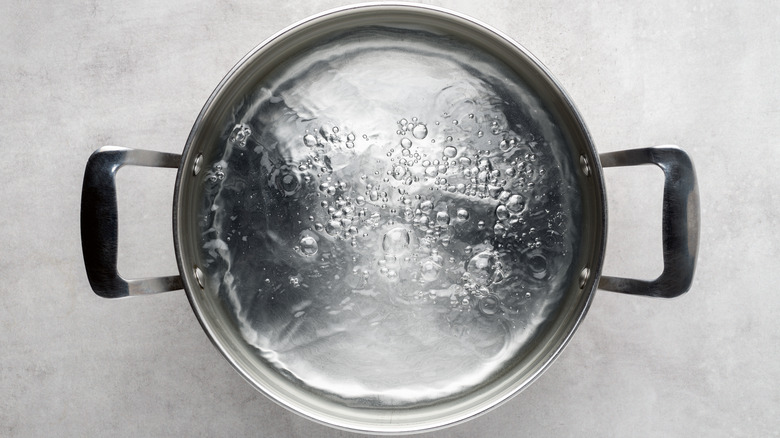
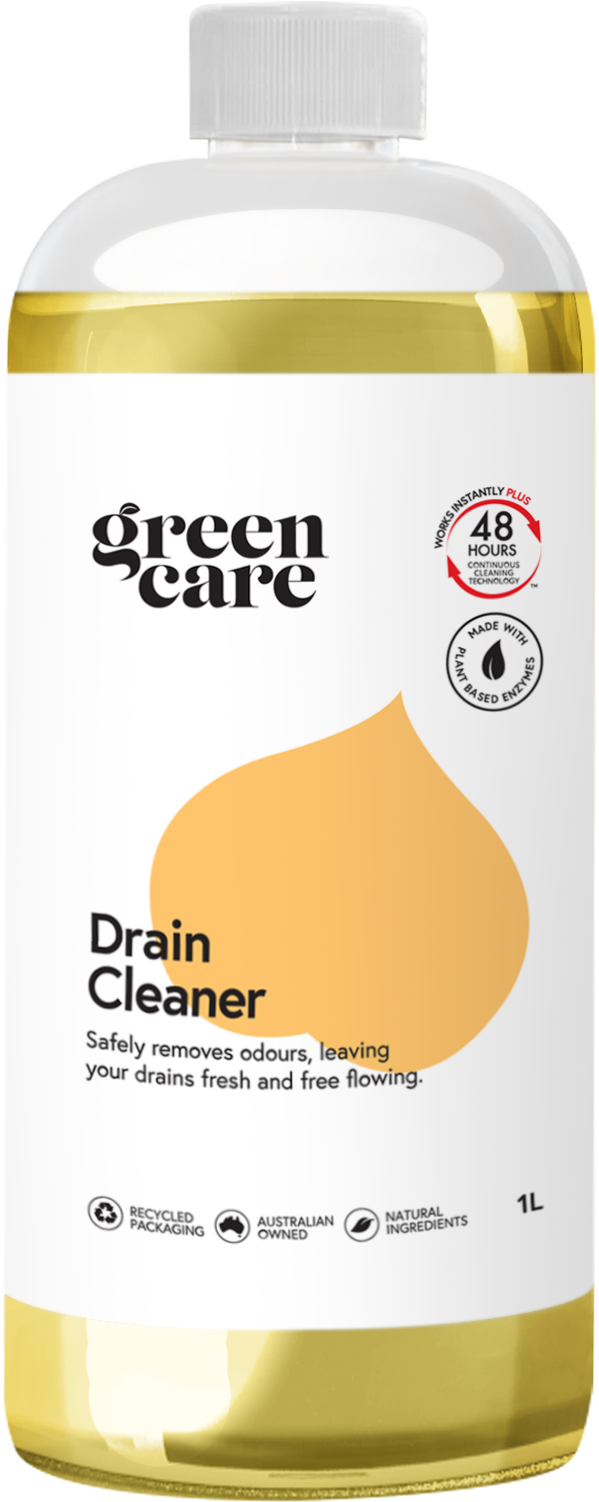






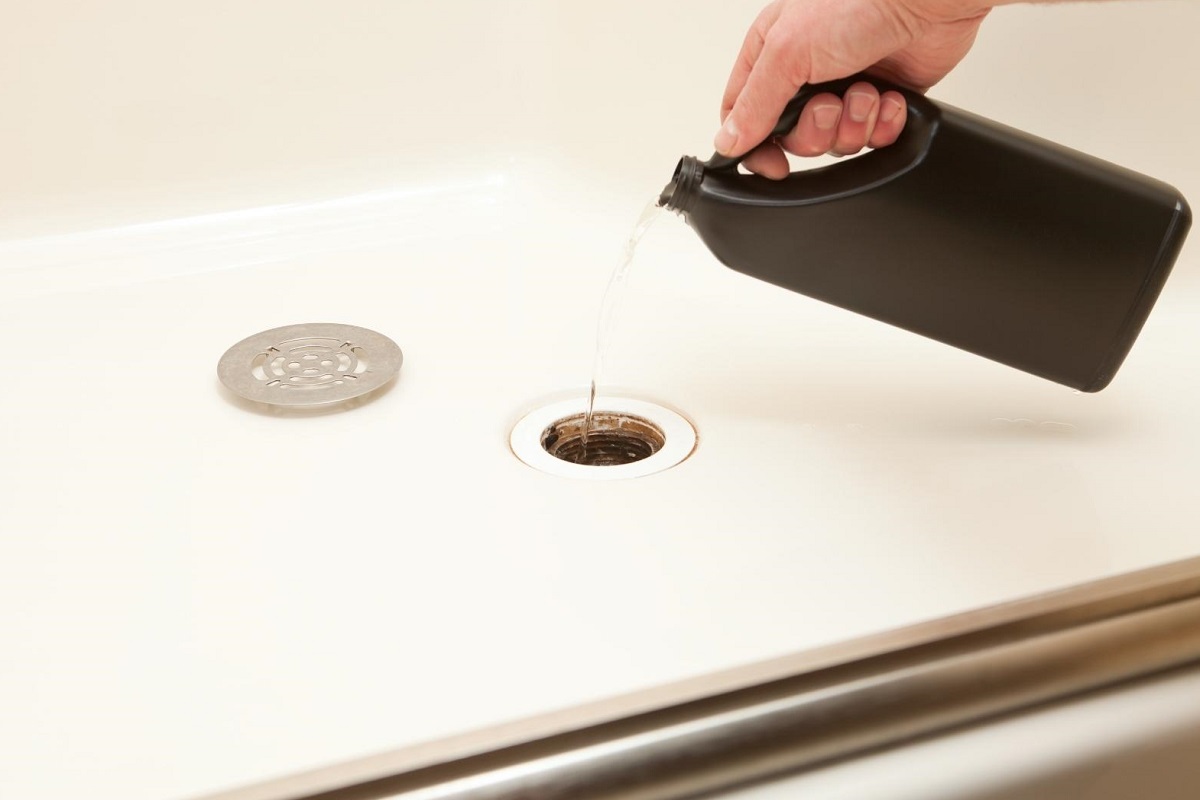
1.2111040938550.jpg)



